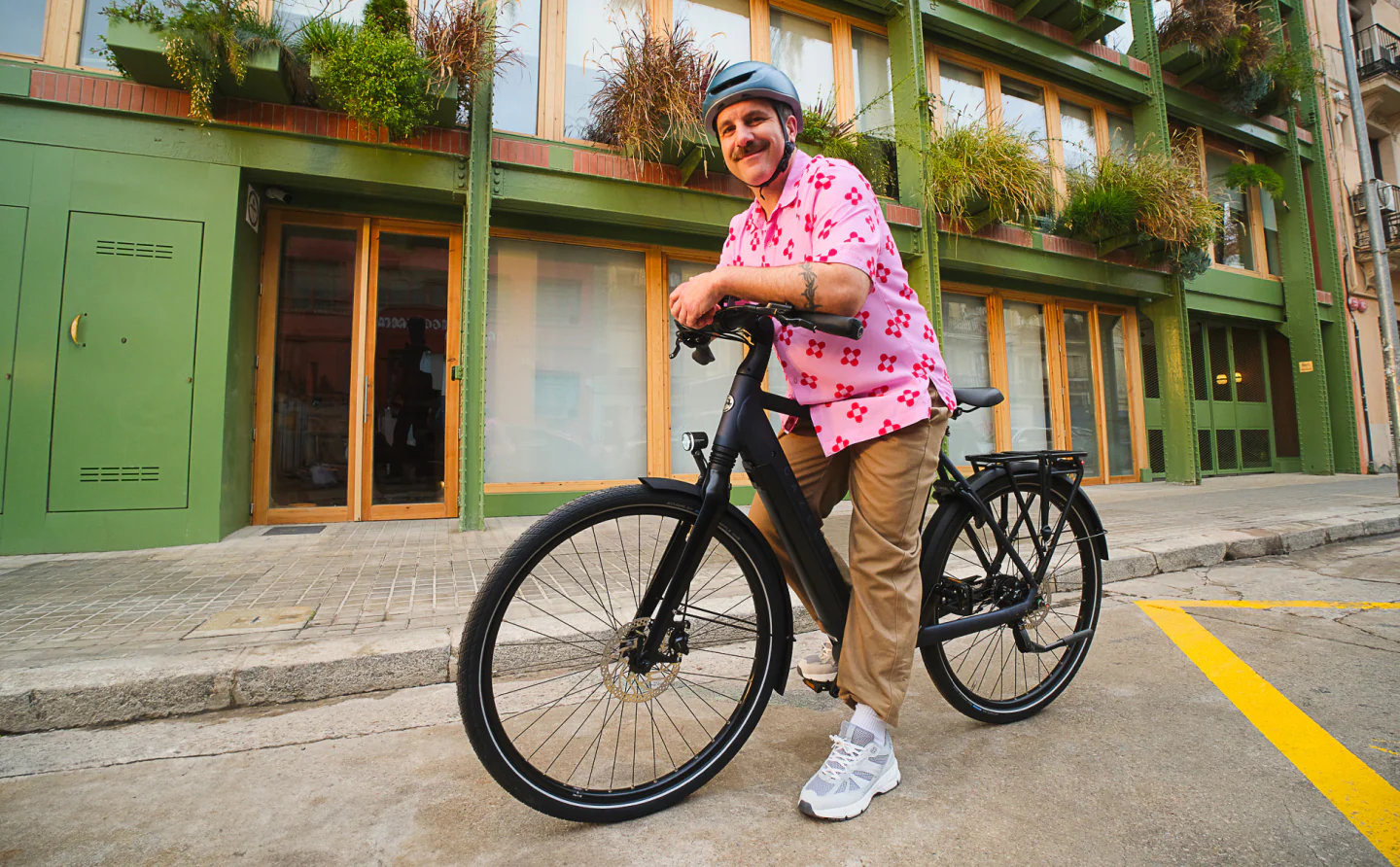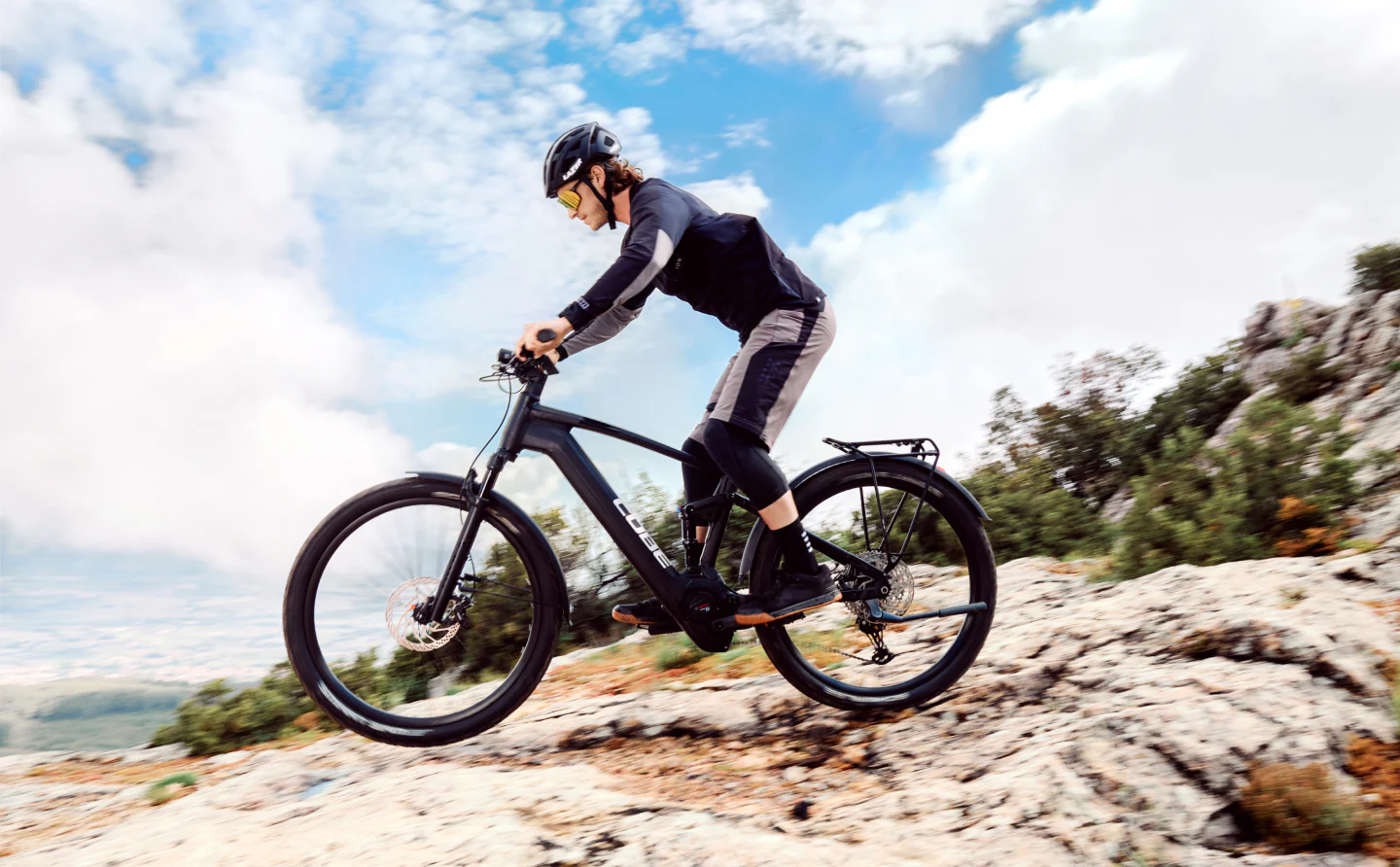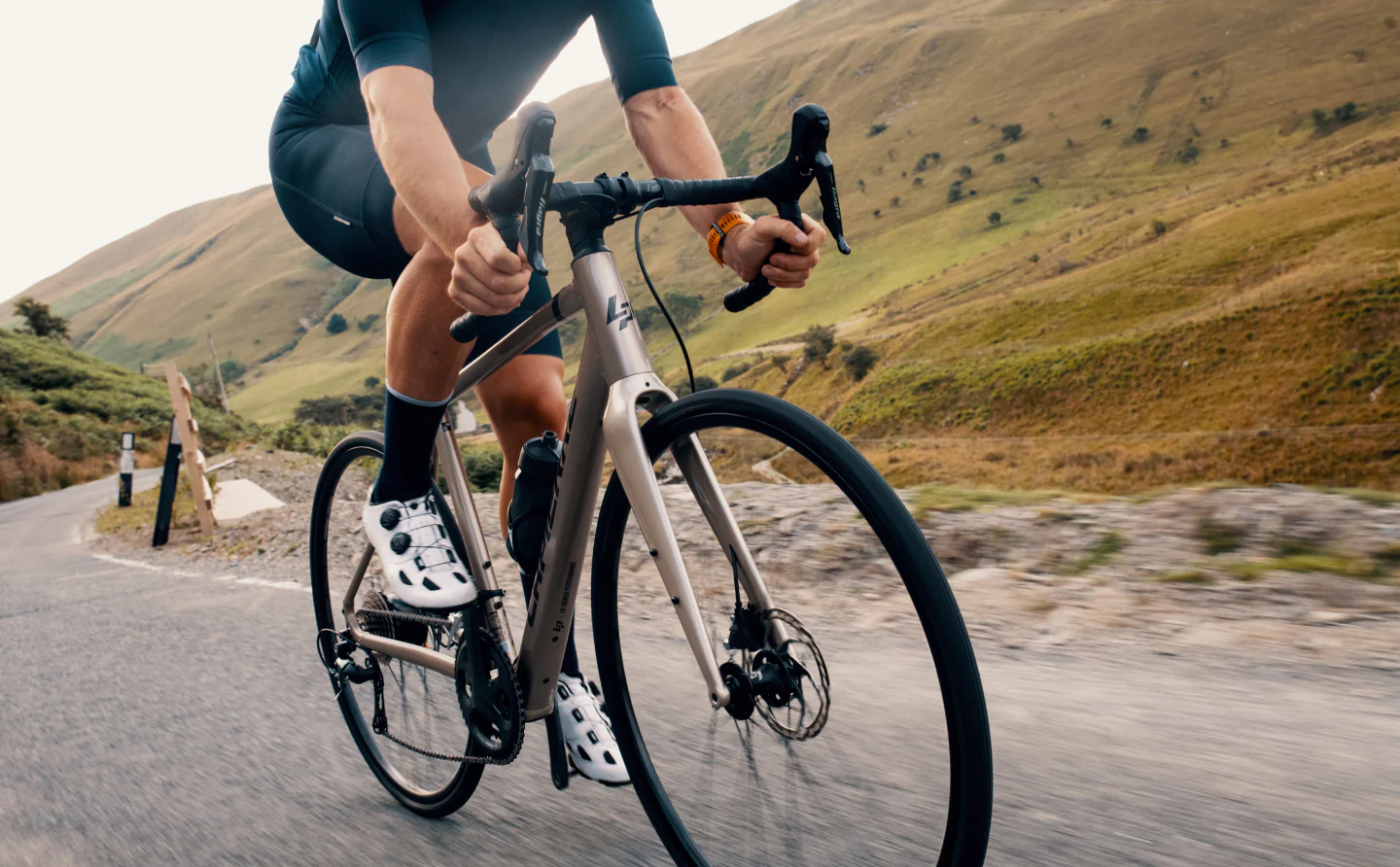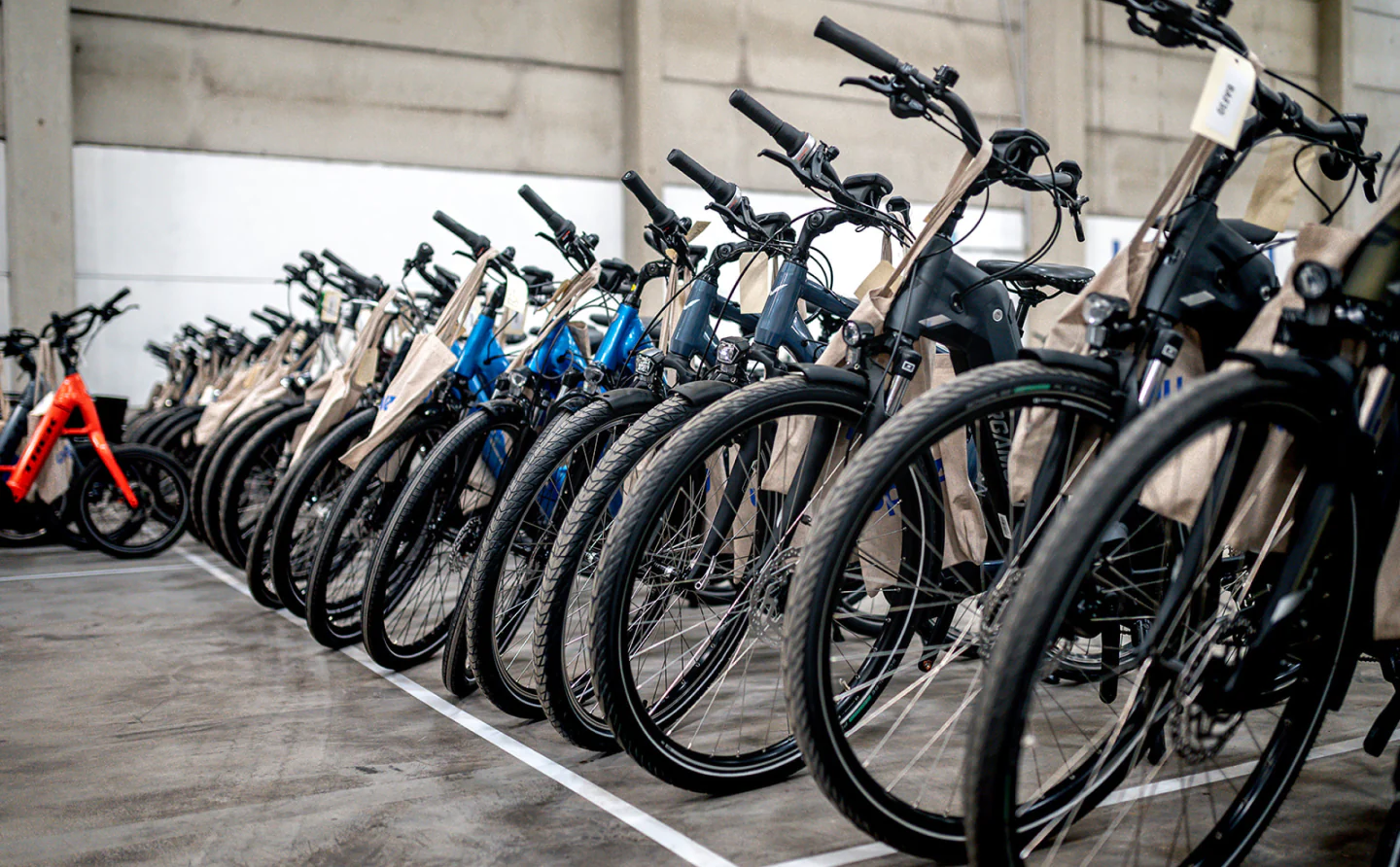A horticultural academic and resident of California's Coachella Valley has called on locals to rethink their decisions regarding lawn replacements.
Janet Hartin, who has lived in the Valley for 32 years and works for the University of California Agriculture and Natural Resources, wrote a guest column for The Desert Sun newspaper in which she detailed why synthetic lawns — as well as black mulch and asphalt — do not help areas that already deal with extreme heat conditions.
"Please rethink the use of asphalt, black (dyed) mulch, and synthetic lawns in our desert communities," she wrote.
TCD Picks » Upway Spotlight
💡Upway makes it easy to find discounts of up to 60% on premium e-bike brands
These surfaces contribute to the heat island effect in desert communities, absorbing heat and releasing it into the surrounding area. Plants and green spaces, however, trap that heat, leading to lower temperatures.
"An abundance of living plants interspersed with light-colored organic and inorganic mulches that reduce soil evaporation between plants are better choices," Hartin noted.
She added that her research from May to August found that surface temperatures on fake turf, asphalt, and dark mulch were as high as 170 degrees between 3 p.m. and 3:30 p.m., some 65 degrees Fahrenheit higher than areas featuring plant life.
"In contrast, surfaces of plants (groundcovers, vegetables, lawns) hovered around 95 to 100 degrees during the same summer period," Hartin continued. "Why are they so much cooler? Living plants cool the environment during the process of transpiration (releasing water back into the atmosphere). Non-living surfaces don't provide this natural air-conditioning."
California is looking to restrict the sale of fake turf in the future, with LAist reporting local lawmakers are seeking to introduce bills to do so.
Artificial grass was once thought of as a solution for gardens in areas of drought since they don't require watering. However, further research into the material has raised concerns about what they are made of, with the toxic forever chemicals (PFAS) they contain leading to potential health issues like liver problems, thyroid disease, fertility problems, and some forms of cancer.
Hartin also suggested that taking care of trees can help provide some natural cooling in a place that is increasingly seeing higher temperatures because of global heating. She noted that trees in asphalt parking lots can cool the area by as much as 70 degrees Fahrenheit in the summer.
"Make sure [trees] are getting enough water during the drought to keep them alive and maximize their benefits: shade, reduced internal energy use and related expenses, absorption and storage of carbon dioxide, oxygen release, habitat/pollinator enhancement and more," she added.
Join our free newsletter for easy tips to save more, waste less, and help yourself while helping the planet.







